Kami Kaido Part 2 : Tenri to Sakurai
Previously, we walked on the first half of Kami Kaido from Nara to Tenri. This time we took on the last half, which spans from Tenri to Sakurai. Though it is just a straight road in the countryside Nara, there are many things to see along the way!!
Note: This section of the Kami Kaido is also part of Ise Honkaido series (part 5 in our series).
Kami Kaido, Part 2: Tenri to Sakurai
Tenri City Area
We resumed our journey from our last stopping point, Tenri. Tenri is famous for the Shinto sub-sect group, Tenri-kyo, which claims Tenri as its base of operations.
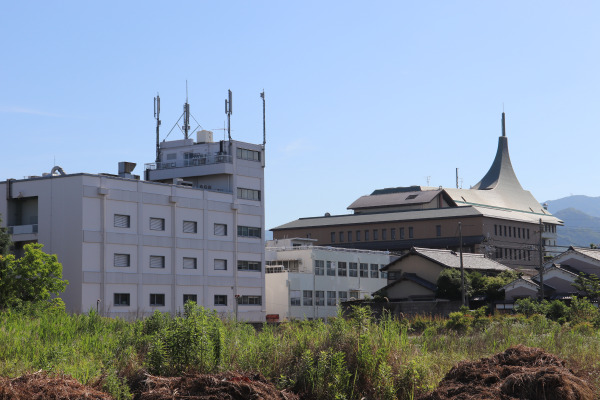
However, there are several historic things here in Tenri that have nothing to do with Tenri-kyo. One of the most historic things in Tenri City is Tanbaichi. Actually, Tenri Station was formerly Tanbaichi Station, and the marketplace at the city center was once upon a time a thriving place. Even after the Kami Kaido became obsolete, Tanbaichi still preserves its historic atmosphere, and visitors can easily see what things were like decades ago.
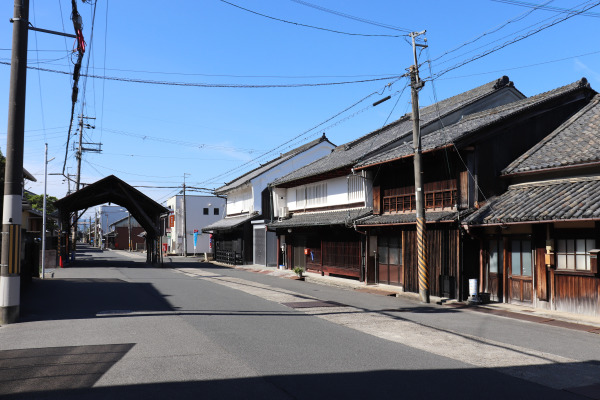
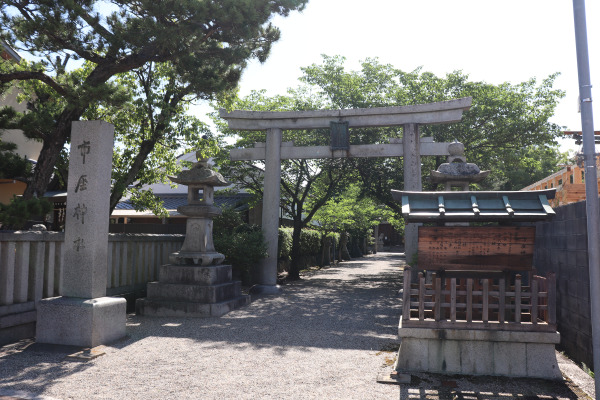
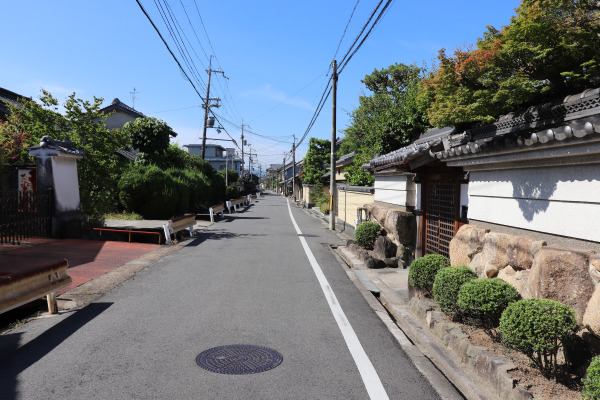
Kami Kaido goes through the countryside of Nara and at this point there is a beautiful row of mountains of Yamato Asogaki Quasi-National Park. The gaki in “Asogaki” means fence, the mountains that run alongside the part so indeed live up to that name.
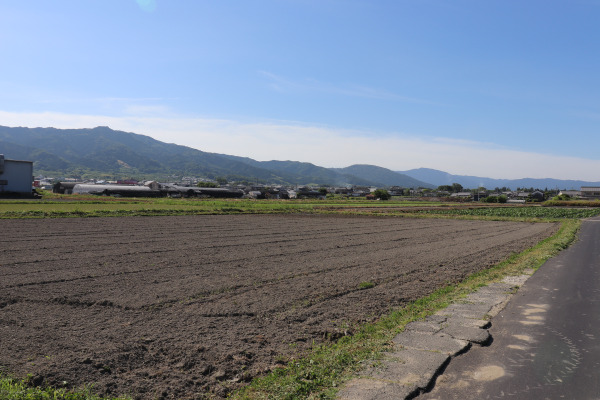
To the south of Tenri is Oyamato Shrine, one of the most famous shrines in Nara. This shrine is particularly famous for having a connection with the largest battleship in Japan, the Yamato. There is even a little Oyamato Shrine in the ship, and the shrine ground has a little grave to commemorate those who died on the battleship.
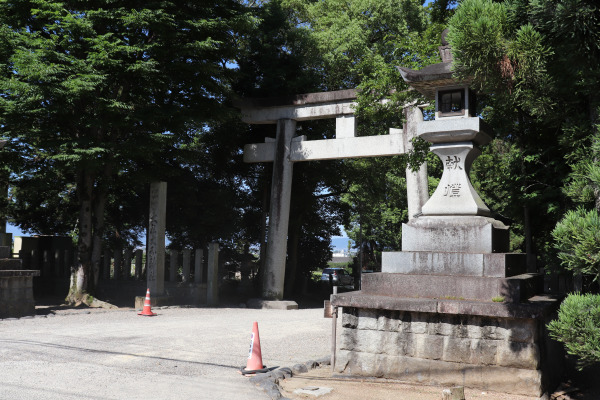
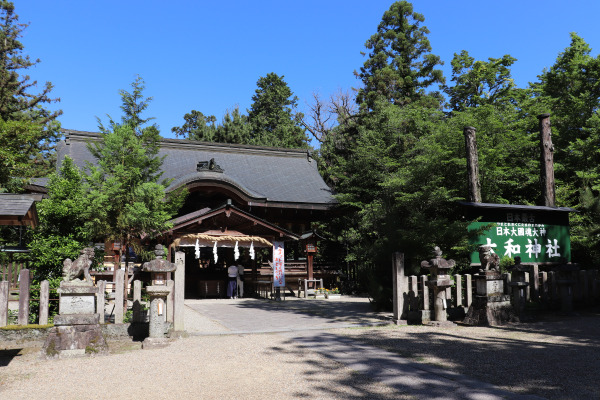
Gochi-do
After Oyamato Shrine, the Kami Kaido straightens out again. It is really surprising how straight it is. Many ancient roads in Osaka were quite straight like the Kami Kaido, but sadly many of them are cut or missing due to housing development. I guess these ancient roads in Nara were probably able to survive because they are in the countryside and not many people live here.
One thing very interesting we found along the way is Gochi-do, a part of Chogaku-ji Temple. It’s just a pillar and roof but this structure is original and dates back to the 14th century. It was even used as a landmark for pilgrims on the Ise Pilgrimage. Only Nara has these sorts of interesting ancient landmarks– you just have to know where to look!
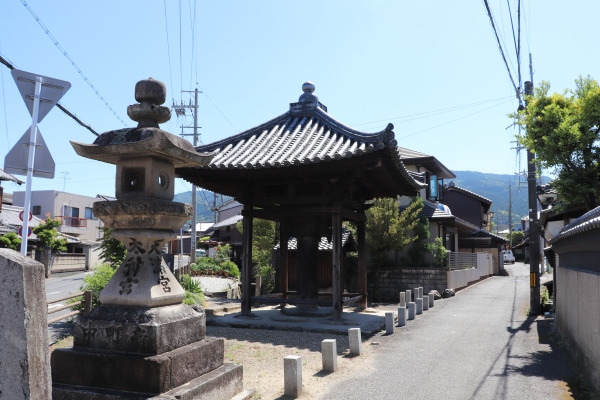
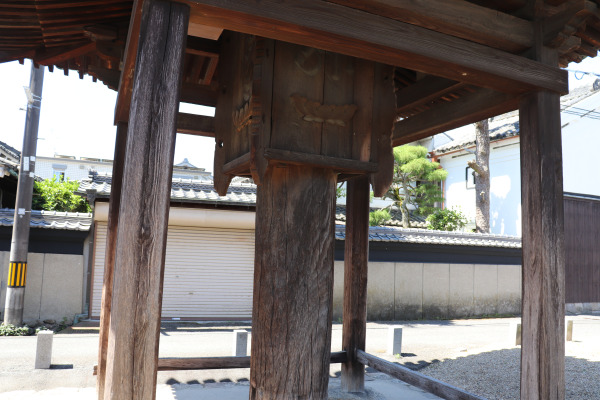
Makimuku Ruins
The main attraction in Sakurai is definitely the Makimuku Ruins. Japan’s first kingdom, the Yamatai Kingdom, was located here so this is a big historic hotspot. Unfortunately, this archeological site is so big that it will take an entire day to explore. However, there are some ruins along the Kami Kaido.
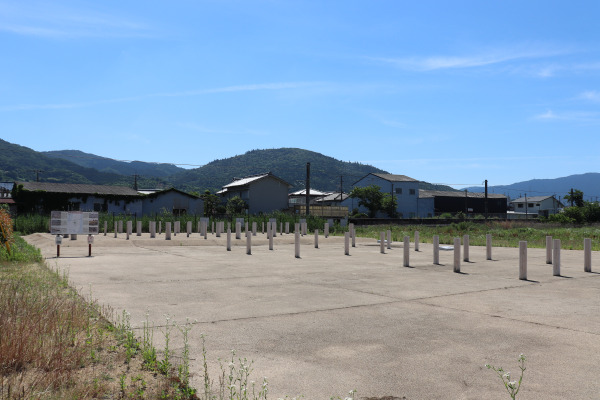
The star of the Makimuku Ruins is Hashihaka Kofun. This ancient burial mound is allegedly the grave of the priestess Himiko, who appears in the Chinese history book as the first ruler of Japan. Hashihaka Kofun is along Kami Kaido, so you don’t have to take a detour to see it! Despite its importance, it is not super big, so make sure to keep an eye out.
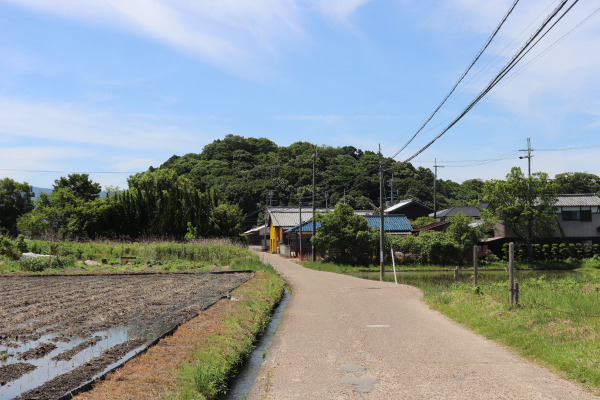
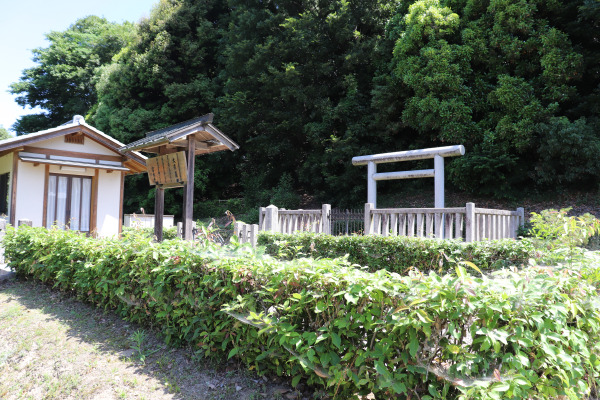
Omiwa Shrine
Up until Hashihaka Kofun the Kami Kaido is amazingly straight, but after this point, it starts to wind a lot, so make sure to check your map. The Kami Kaido passes right next to the huge torii of Omiwa Shrine and when I say huge, I mean huge.
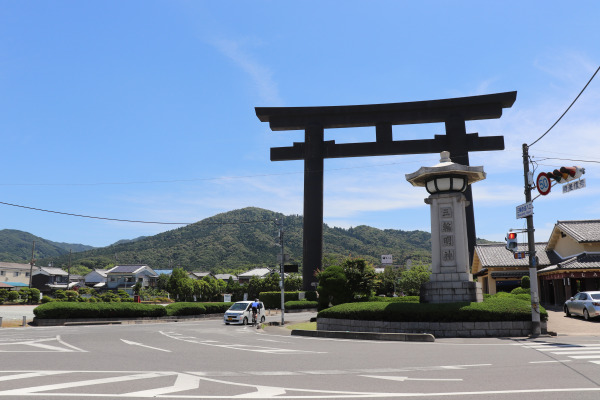
Though this huge torii did not exist in ancient times, I assume that pilgrims going to Ise would often drop by Omiwa Shrine and then eat some famous Miwa somen noodles!
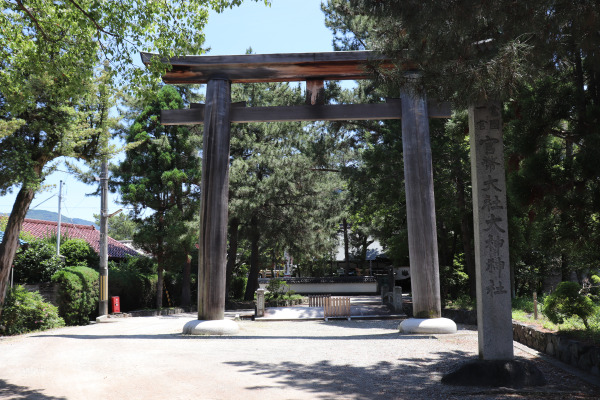
Tsubaichi: End of the Kami Kaido
Tsubaichi is our final destination and is only 30 minutes from Omiwa Shrine. Tsubaichi is by Yamatogawa River, near Sakurai Station.
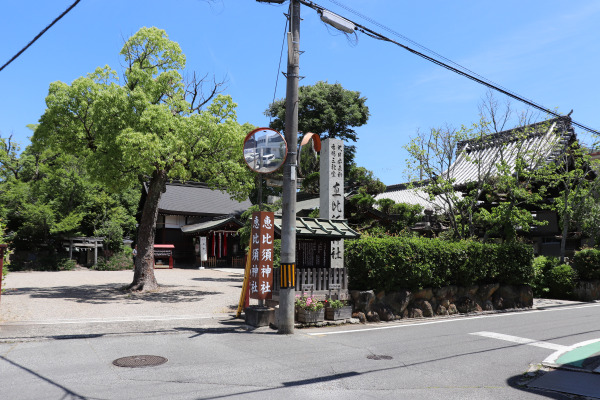
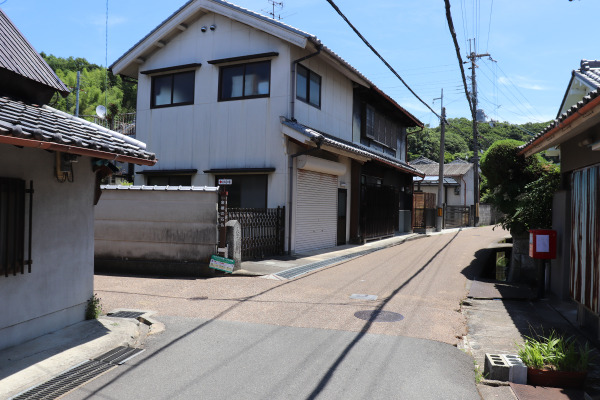
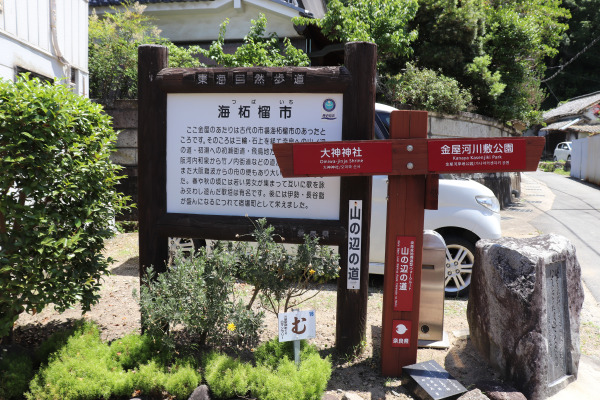
So, here we are at Tsubaichi and the end of the Kami Kaido. Many major trails merge here– you can even take the Ise Kaido to Hase-dera and Haibara. Though it might not seem like it today, Tsubaichi once flourished in ancient times.
With no stops, it is 4-5 hours from Tenri but where is the fun in that? Needless to say, this part of the trail can easily take a whole day!
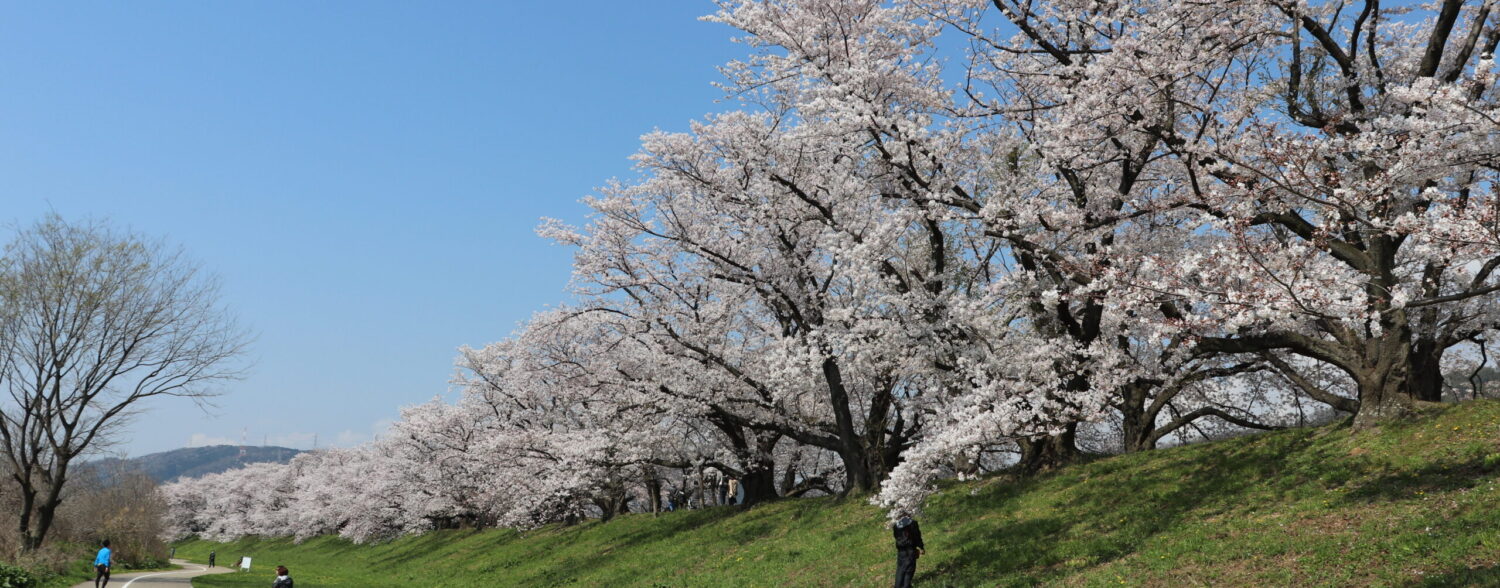
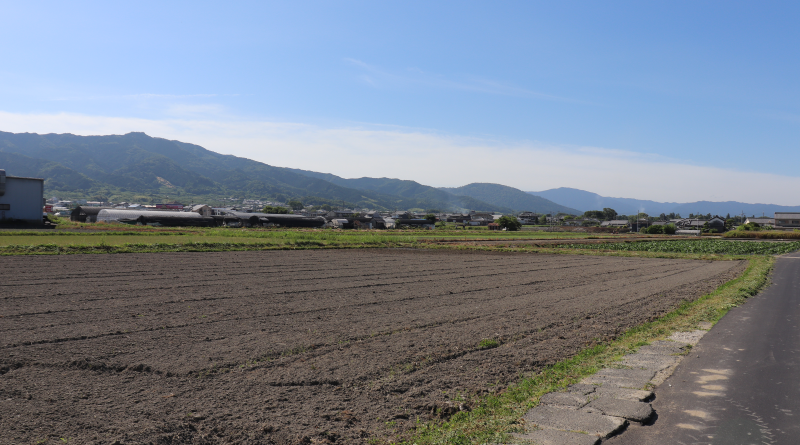
Leave a Reply